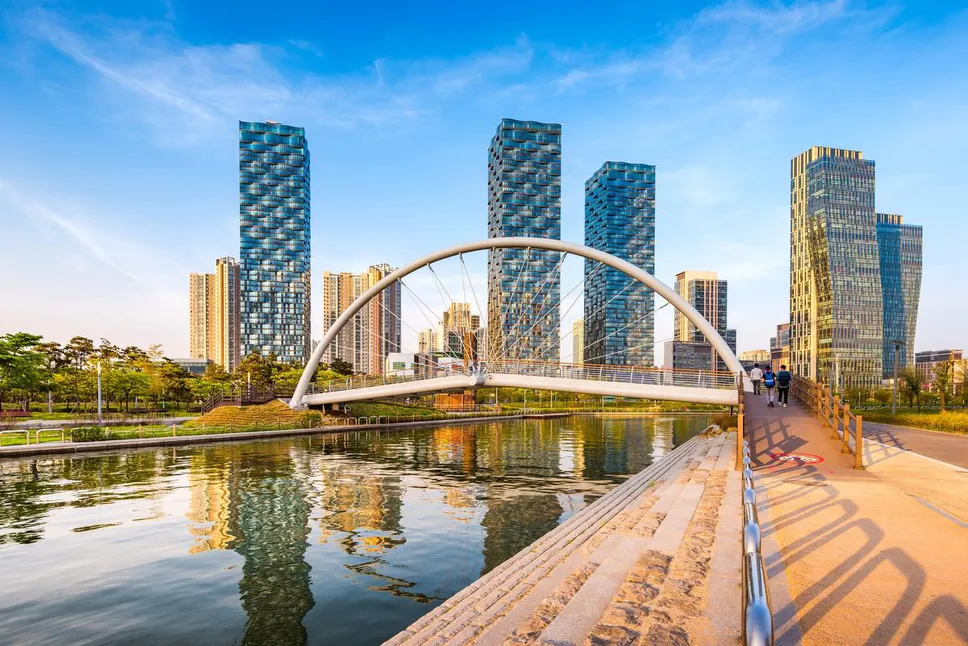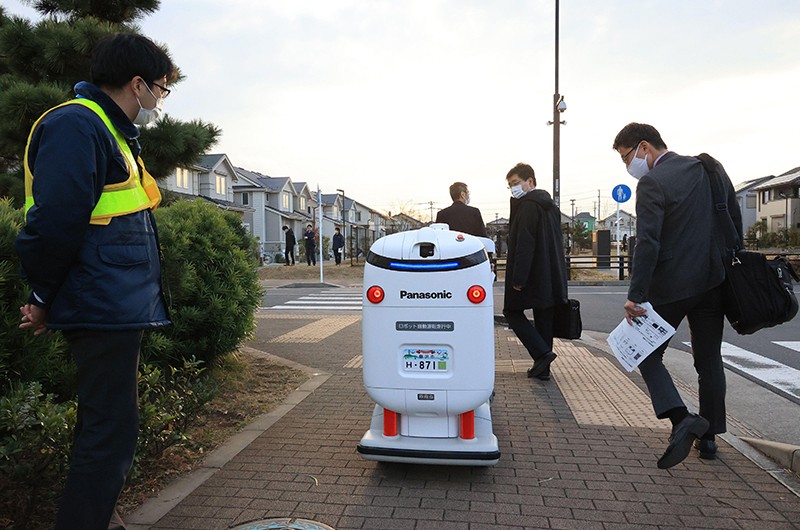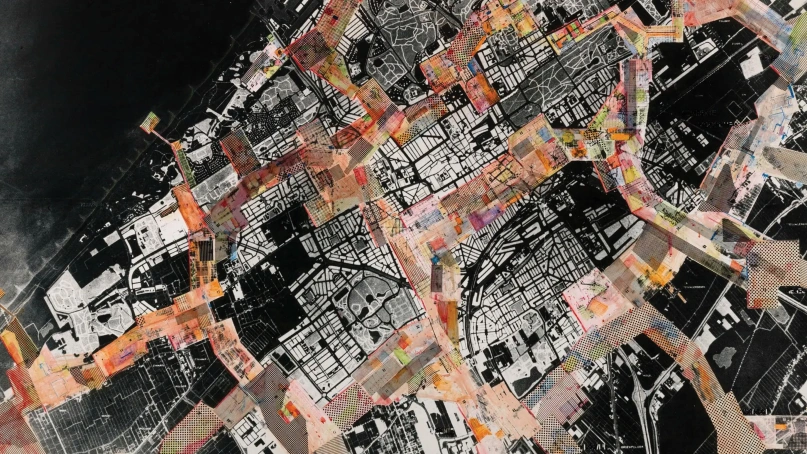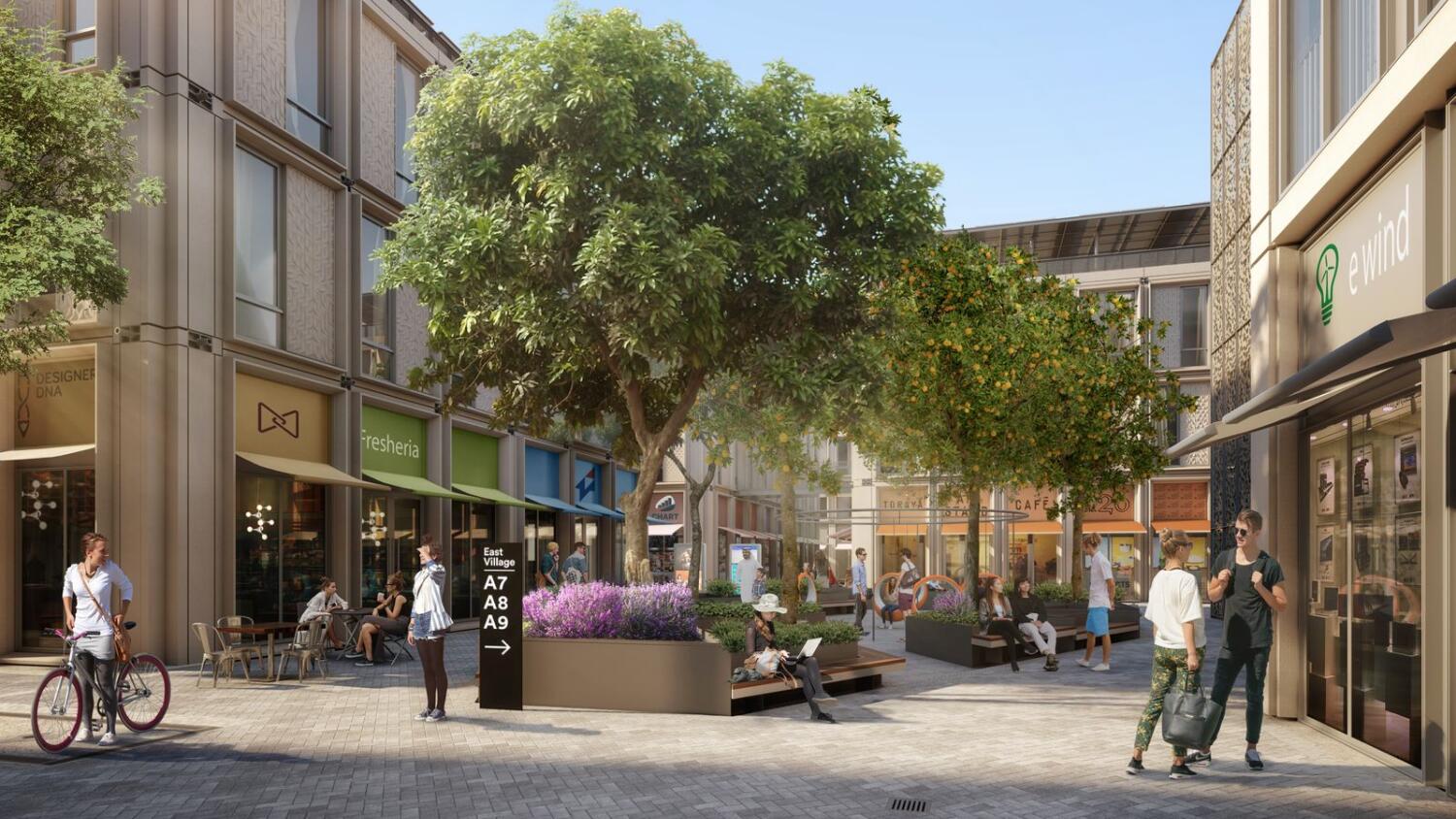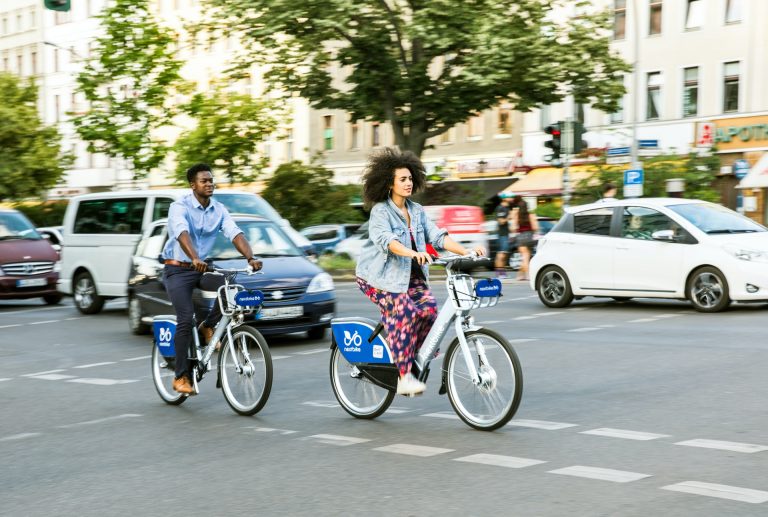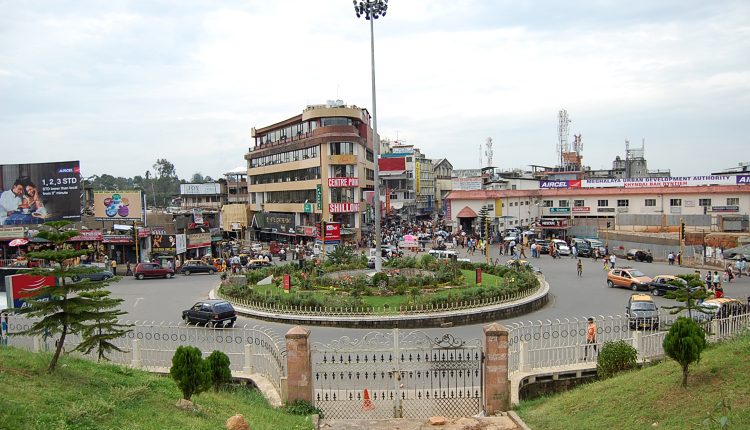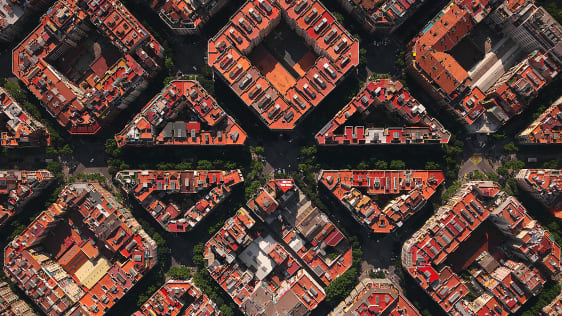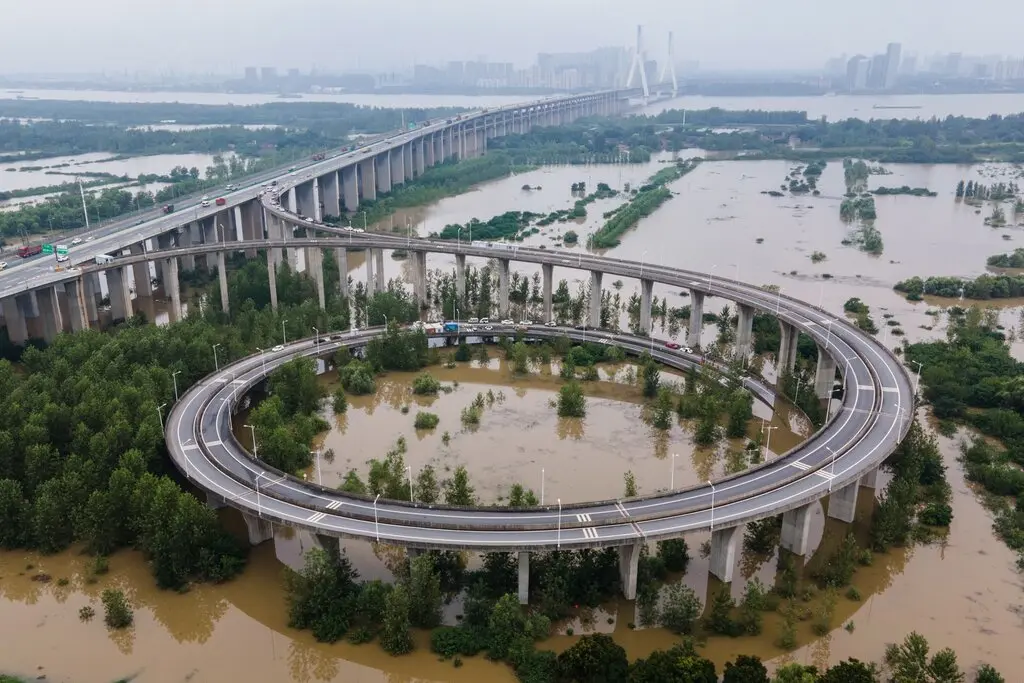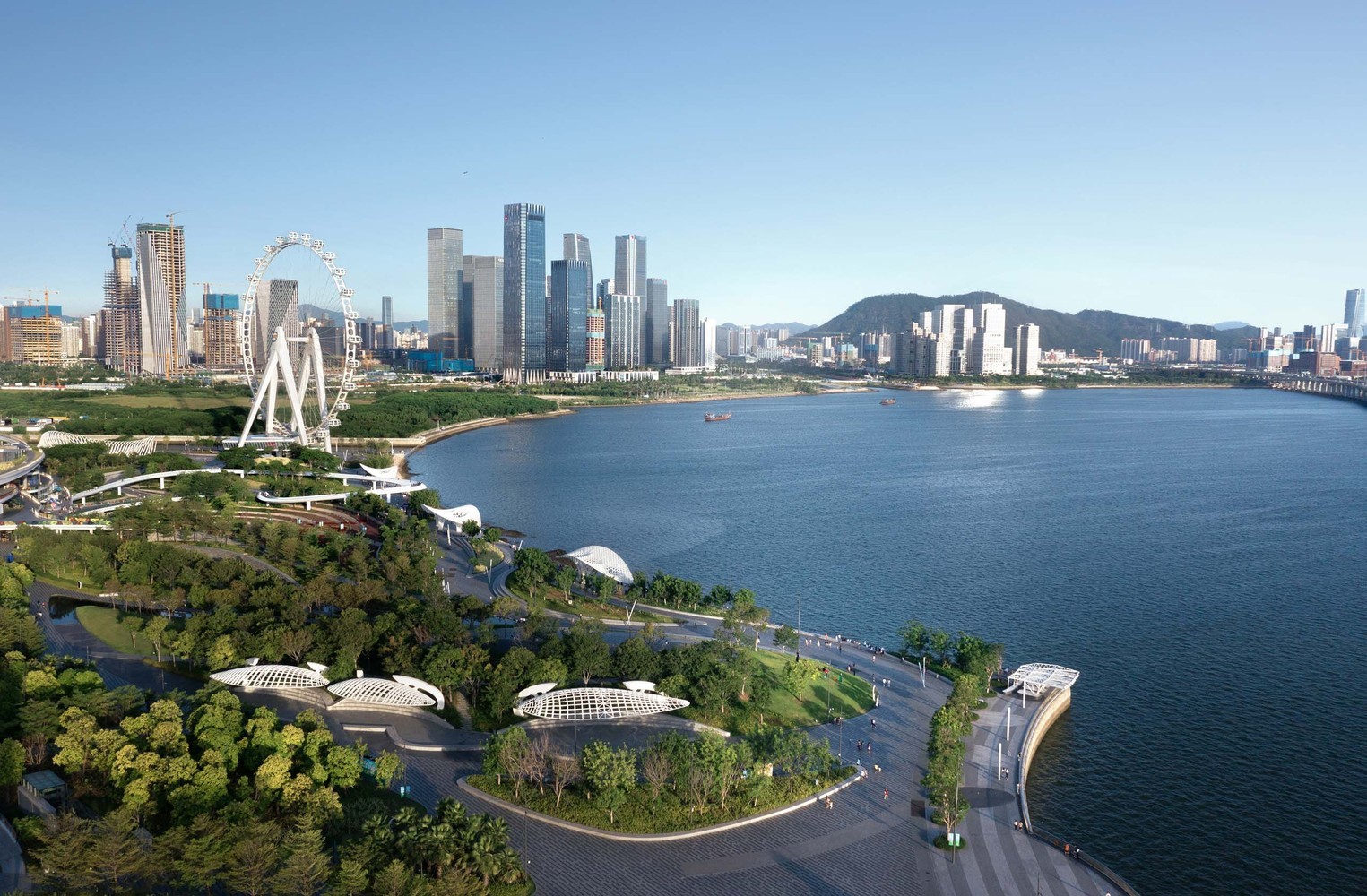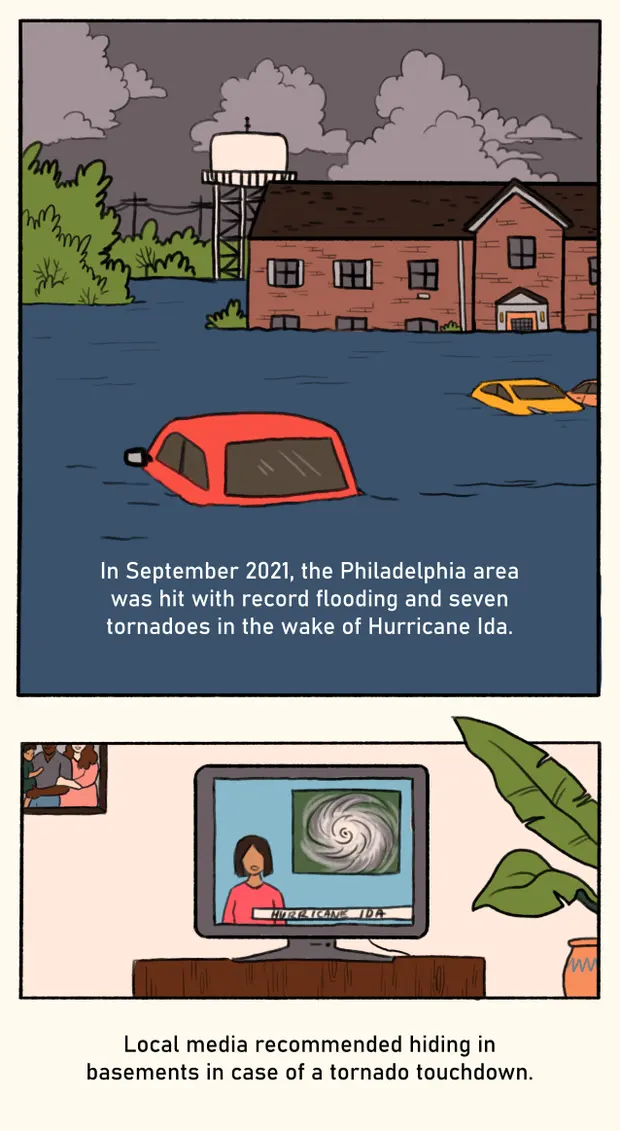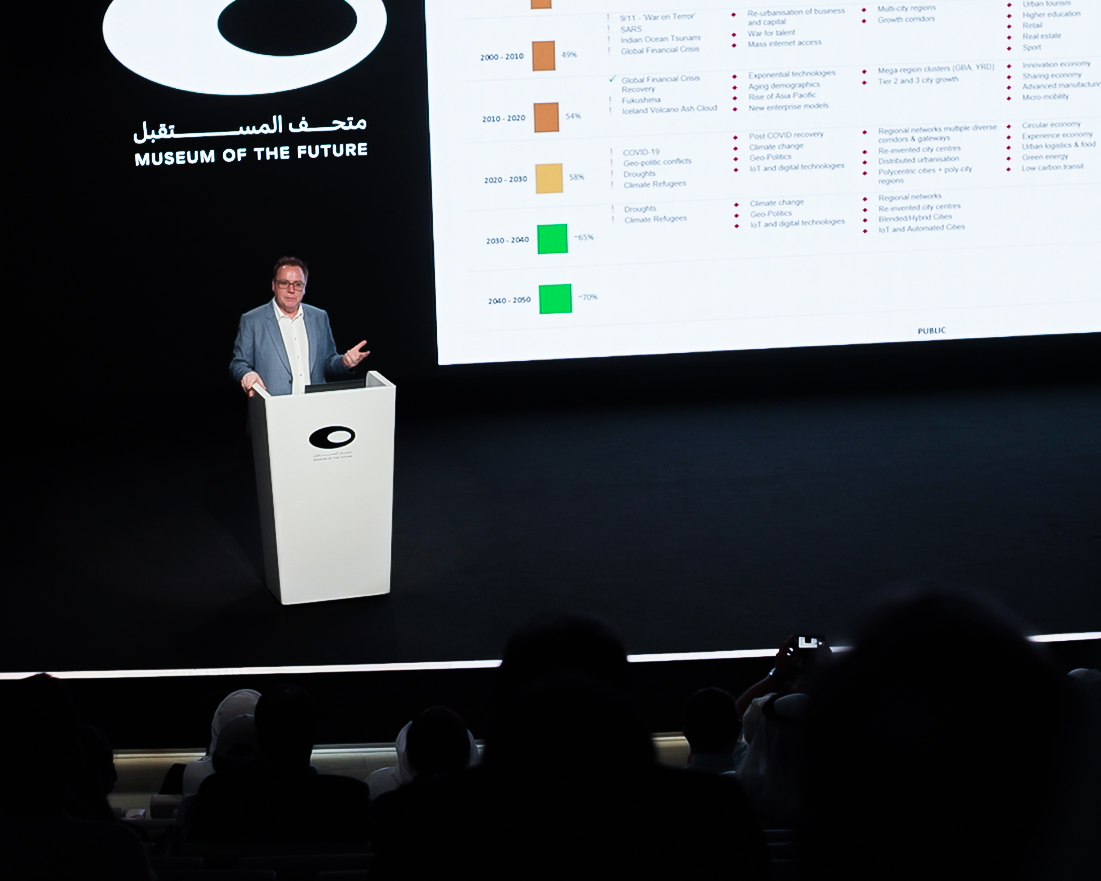
Cities are not islands. In a globalized world, cities are part of a fabric of which they are the economic, social, cultural and political engines. A fabric that can also function as a global market to which cities come to complement what they do not have, pool their strengths with other ecosystems and collaborate to generate joint opportunities.
Internationalization is a crucial instrument to doing so effectively. If this “going global” process is pursued in a proactive manner, it allows cities to identify where their comparative advantages lie, to find areas of opportunity in the global context, and to outline ways so that their local agents can harness them.
If this pandemic year has shown us anything, it is that, in a context of high competition between cities to capture opportunities in the international environment, those municipalities that have long been proactive in their planning have proven to be more resilient. On the other hand, the pandemic shock has also changed the rules: it opens the door for cities to re-evaluate their advantages and assets, to rethink their alliances with other urban actors, and to compete for new sources of international financing – such as the stimulus package recently promoted by the European Union.
What challenges and opportunities does all this pose for cities? We have identified four key trends to summarize and better understand this new horizon.
+INFO: CitiesToBe




